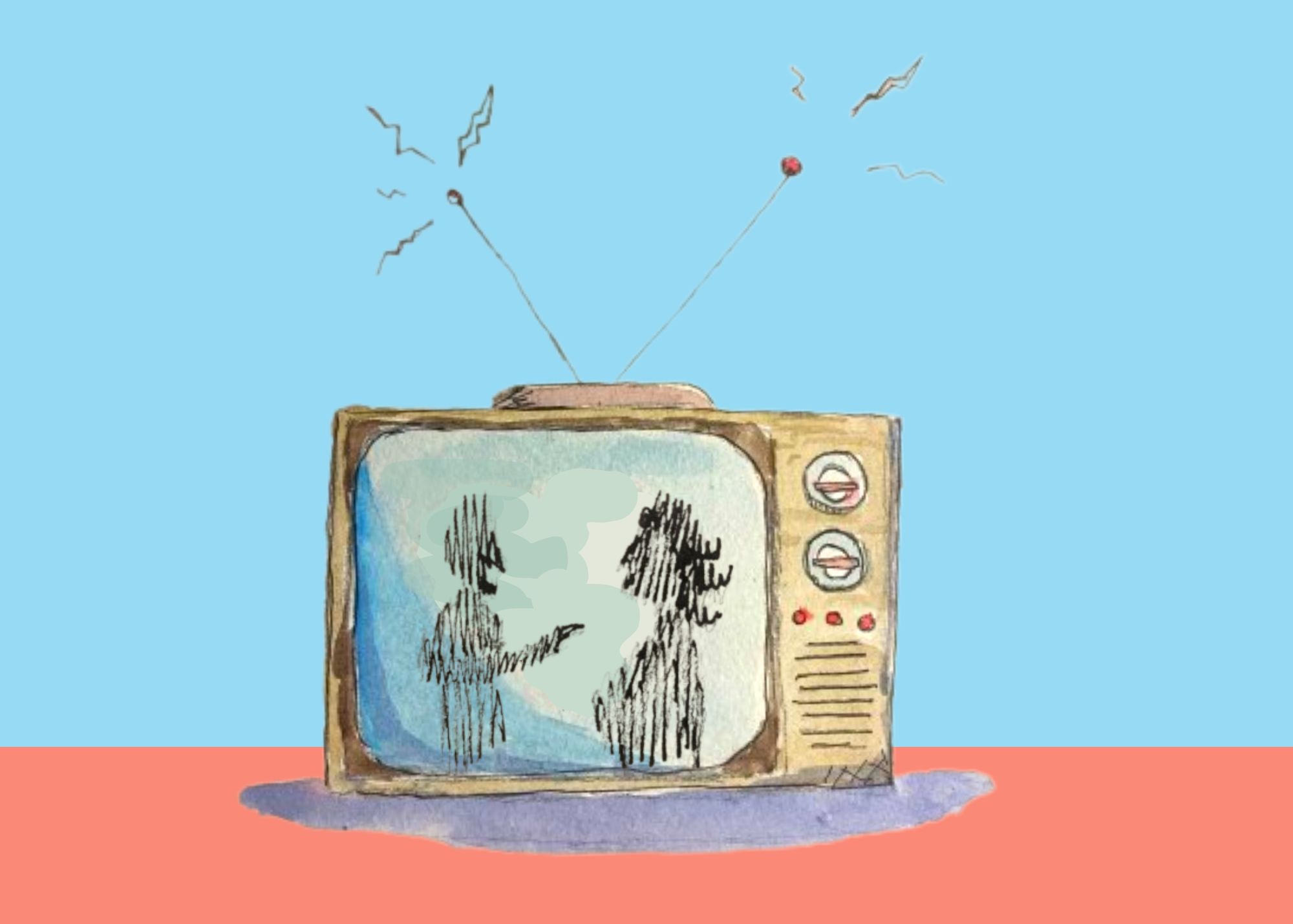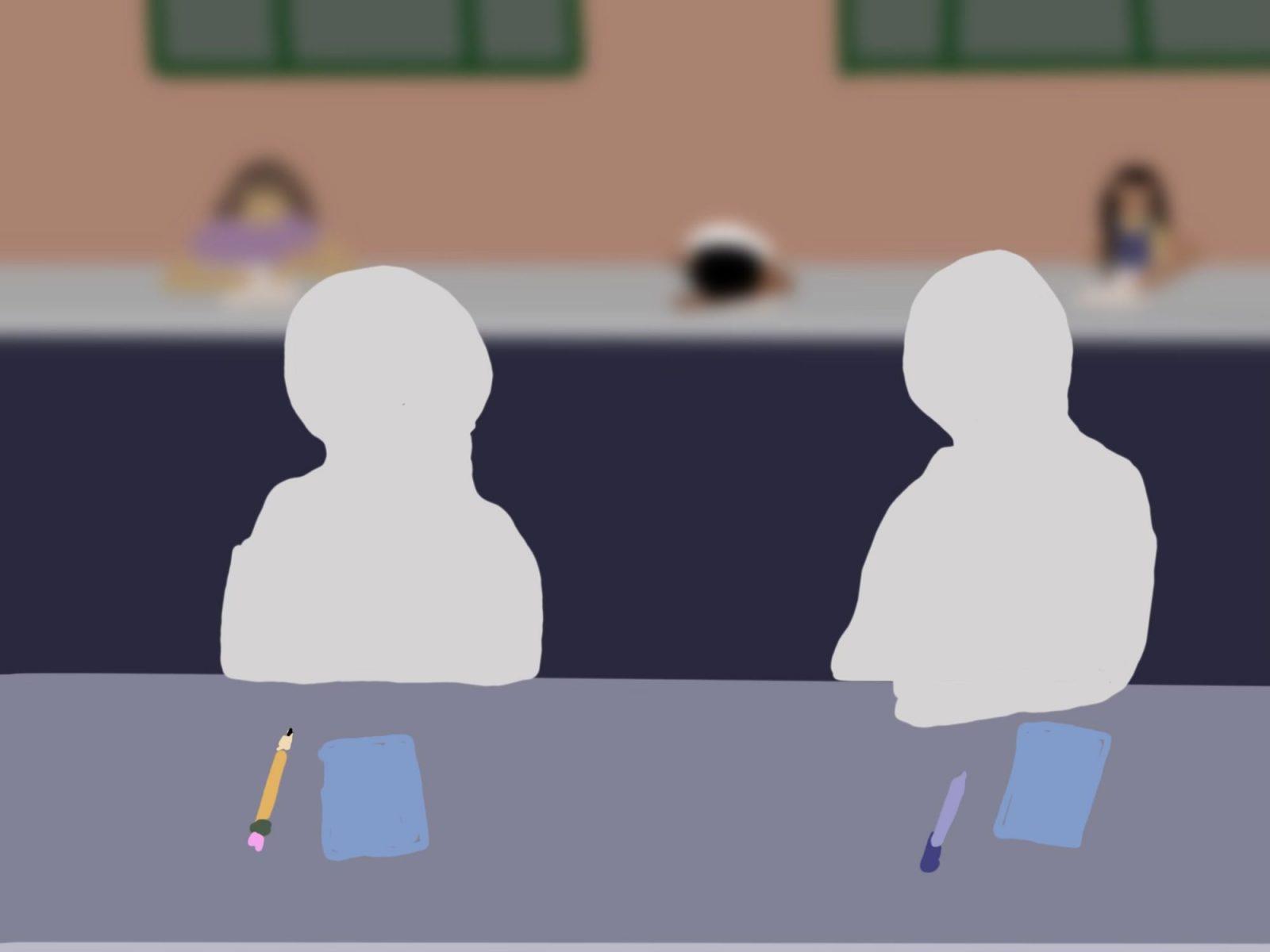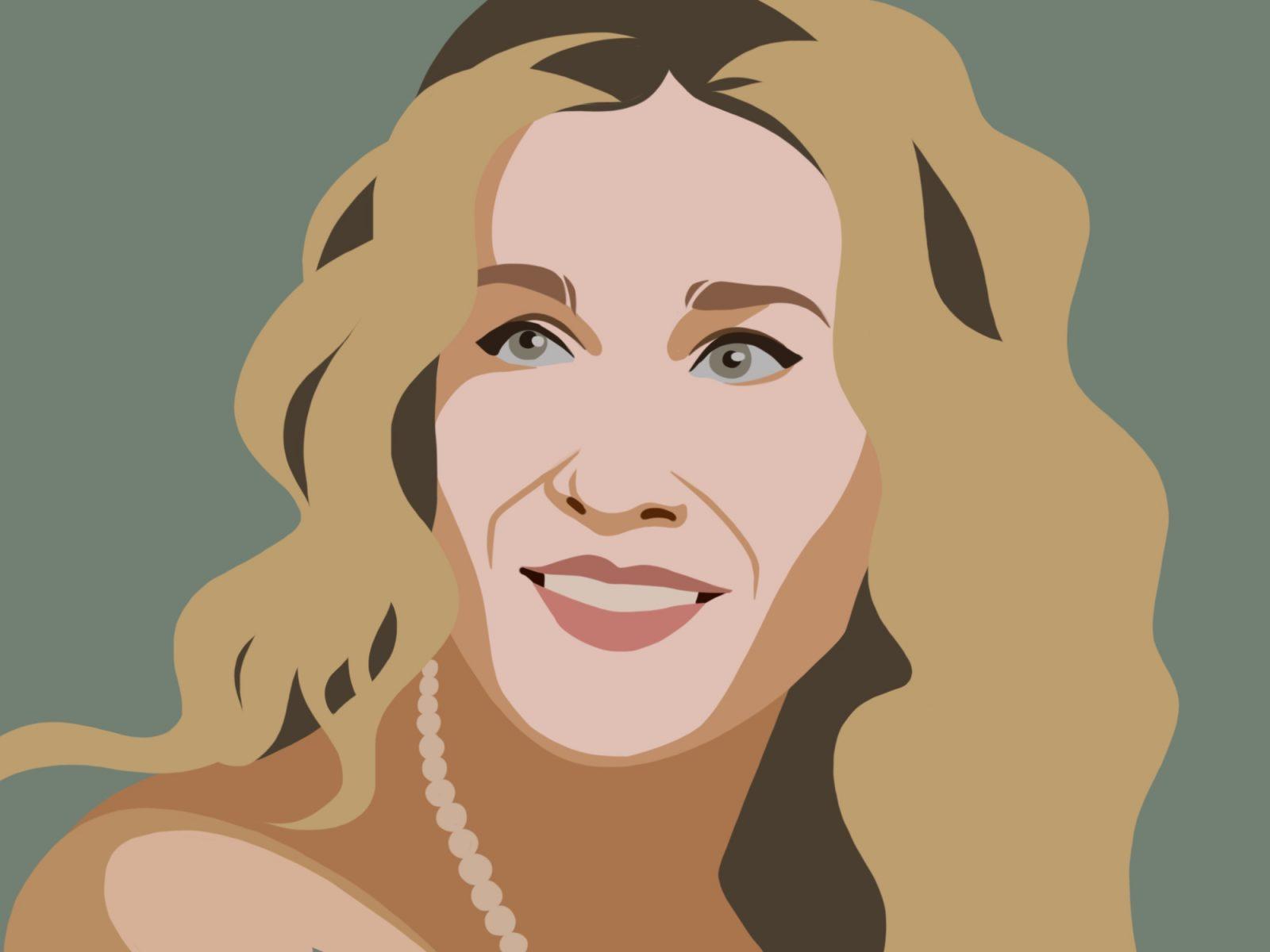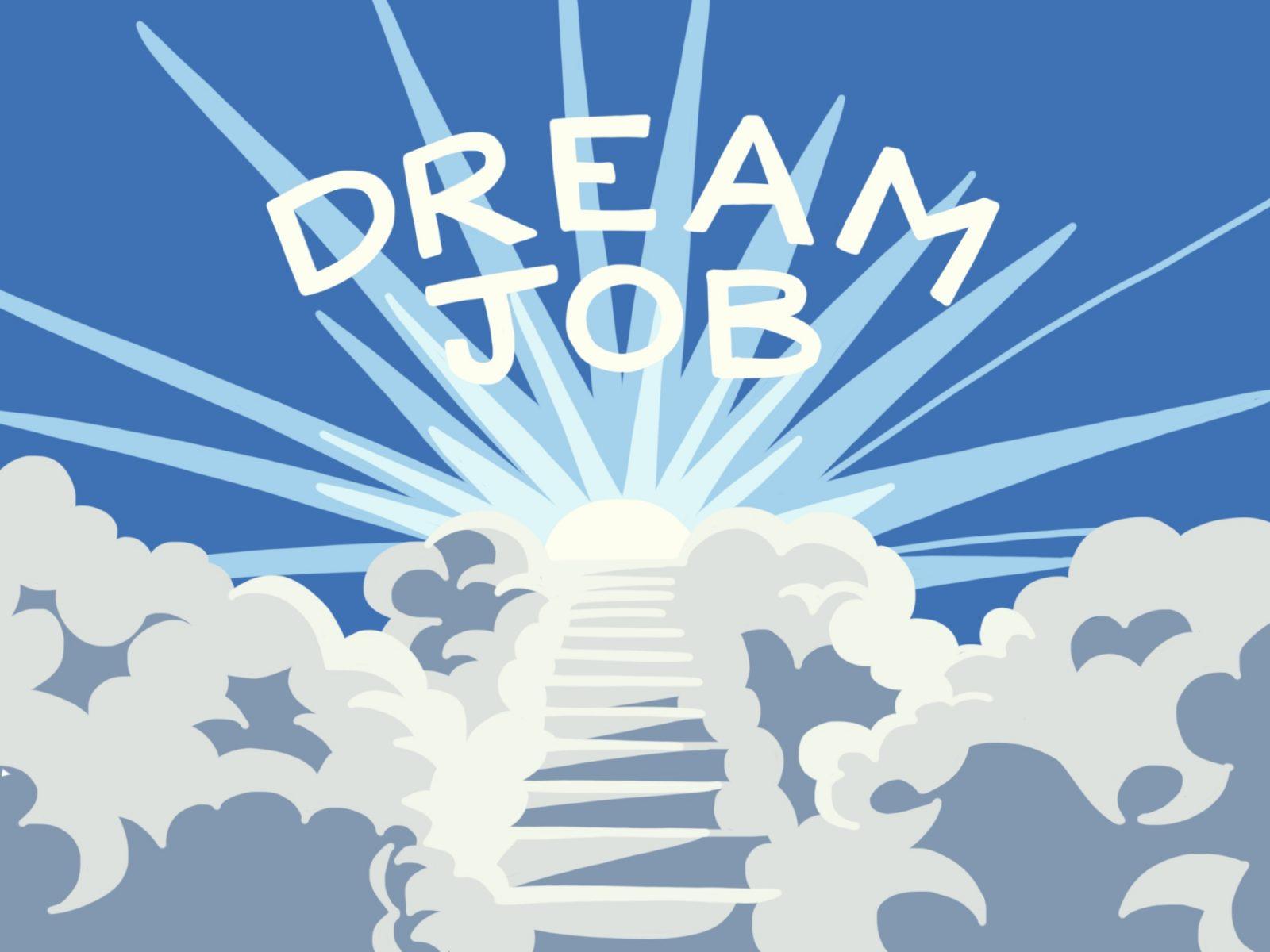This is a golden age for reality television. With new shows like “The Traitors” gaining attention and existing franchises like “Survivor” maintaining popularity, there is more attention on being a good competitor and strategizing. Looking at all these shows gives a glimpse into how we interact and react to others in an everyday setting.
The people that reality competition shows attract vary from cliché stereotypes — like the villain or the underdog — to some of the most fascinating and unique individuals. After sifting through multiple seasons across the gambit of competition shows, I can only imagine how constant scheming and acting like a caricature of oneself shifts one’s views on work, relationships and life.

One genre of competition show that I feel most contributes to shifts in attitudes toward conflict and relationships with others is the mini-society. This is by no means an official designation, but this category contains shows like “Big Brother,” “Survivor,” “The Circle” and most recently, “The Traitors”.
These shows center around a set of circumstances that bonds the participants in an manufactured, temporary society. For “Survivor,” it is the unforgiving elements of the wilderness, but for “Big Brother,” there are far more social games to adapt to.
“The Traitors” is a relatively new reality competition that streams on Peacock. It is in its second season and players compete in a game similar to the party game, Mafia. With a few traitors amidst a crowd of faithfuls, contestants work to expose the traitors who try to kill and banish the faithfuls.
In its first American iteration, the show’s participants were half non-celebrities and half celebrities, athletes and reality stars. It is quite an interesting dynamic to see Olympian Ryan Lochte and music services director Andie Vanacore compete side by side over the course of eight weeks.
I found the juxtaposition of celebrities and the average person a bit jarring, especially when half of these people are skilled in strategy, manipulation and game play — and the other half are trying their best to play honestly. The divide between those who were so open and seemingly naive against people who are constantly lying or scheming was almost painful.
At the finale of the first season, seasoned Survivor player Cirie Fields was the sole traitor amidst the aforementioned Vanacore and political analyst Quentin Jiles, who were faithfuls that built solid-seeming relationships with each other. Watching Fields have to tell these two people — who came to trust and care for her — she was a traitor and would take home the whole prize was heartbreaking.
Jiles and Vanacore were not prepared for someone they both saw as their most trusted ally to be revealed as having lied to them for weeks on end. As the audience, we are forced to watch them both go through feelings of betrayal and disbelief over something that you, as a viewer, have known from the start.
The second season of “The Traitors” learned its lesson — or not, as some critics believe — and overhauled their casting process to only include reality stars and minor celebrities. I firmly believe this is a much better format. All these people are familiar with the type of situation they’re in, and that people watch these shows for drama, conflict and compelling character arcs.
It also puts every contestant on equal footing: everyone knows they came to play a game full of deceit and scheming. From Real Housewives like Phaedra Parks to “Survivor” champion Sandra Diaz-Twine, every participant has an interesting perspective that makes them uniquely suited for living in “The Traitors” mansion.
However, most of these now-infamous players started out just like the crop of “normies” that populated half of “The Traitors” season one. And this may quite well be an American fascination with celebrity as the British version of “The Traitors” continues to, series after series, center mostly around reality TV newbies and not the latest “Love Island” bombshells.
There can be endless debate over whether or not people change after competing on reality shows, but it seems unfair to pit people accustomed to backstabbing against those who react to conflicts in a much less dramatized manner. Those kinds of characteristics that reality competitions feed into and promote are neither evil nor great, but it is just part of this evolving branch of television history.





























































































































